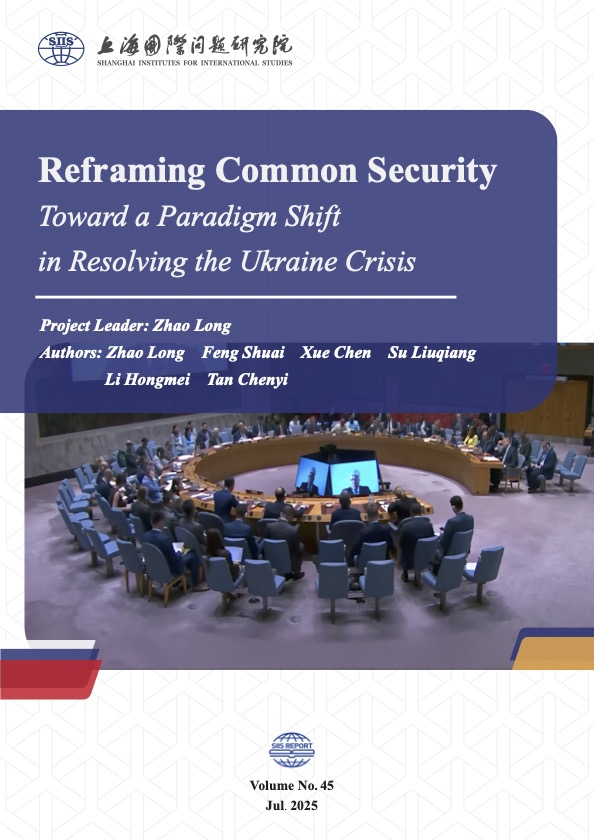War is the continuation of politics by other means. As the largest geopolitical and military conflict to erupt on the European continent since the end of the Cold War, the Ukraine crisis has not only highlighted the escalation of strategic rivalries among states but also exposed structural deficiencies in the prevailing regional security order and governance mechanisms. It has profoundly reshaped the balance of major-power competition and pushed both regional and global political-security frameworks into a period of deep restructuring.
With the Trump administration shifting its approach to push aggressively for a ceasefire, the battlefield dynamics between Russia and Ukraine has transitioned from a total war into a limited war, with both sides seeking to leverage military pressure primarily as bargaining chips in negotiations. At the same time, the protracted crisis has generated multiple spillover effects. Russia hopes to capitalize on U.S. involvement to break the deadlock, weaken anti-Russian transatlantic cohesion, and ease its own security pressures, but faces inherent risks due to the absence of mutual trust with Washington.
Europe has accelerated its pursuit of defense autonomy, bolstered military support for Kyiv, and advanced plans for the ReArm Europe. Yet in the short term, it remains unable to free itself from reliance on U.S. security commitments. Meanwhile, the Trump administration’s transactional style of mediation lacks enforcement capacity and is ill-suited to address the deeper structural contradictions of European security. Moreover, the crisis has generated indirect linkages to other regional situations, including Northeast Asia and the Middle East.

